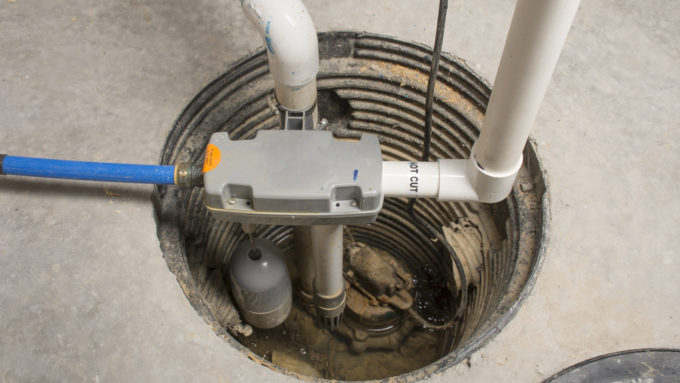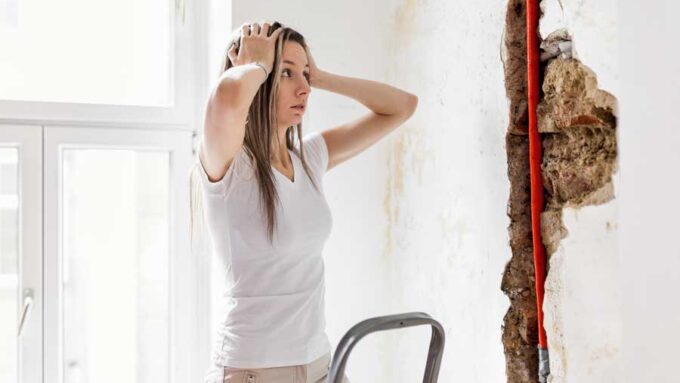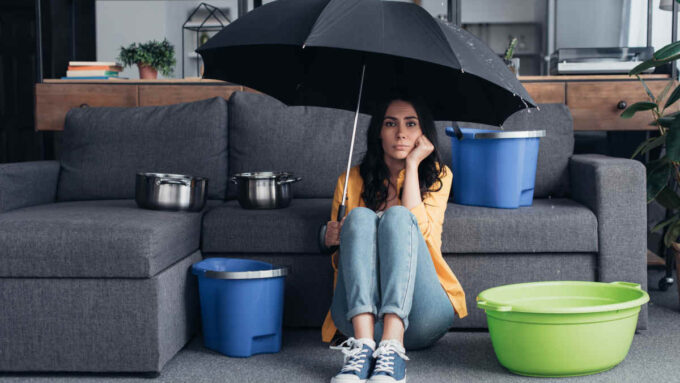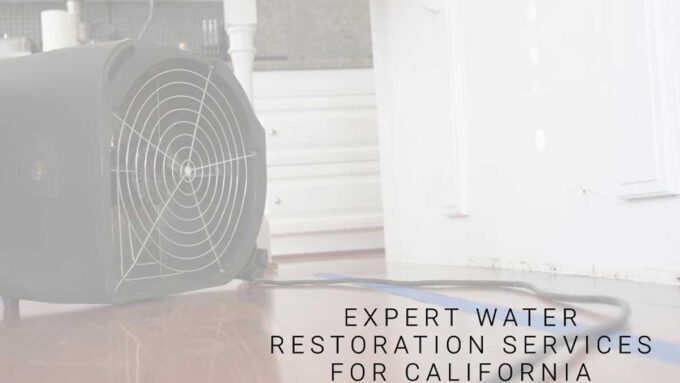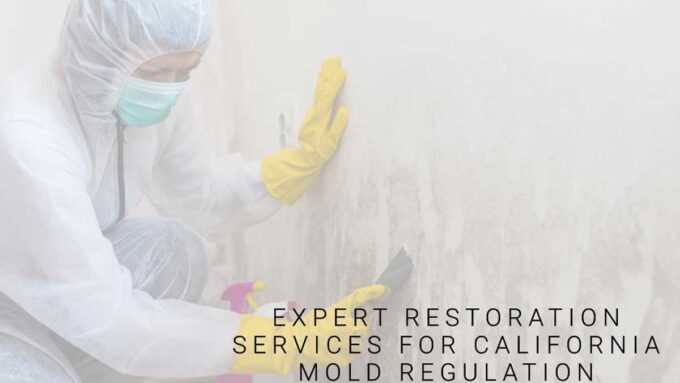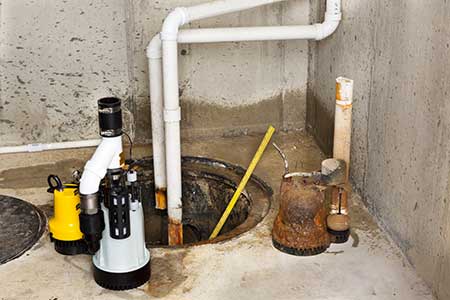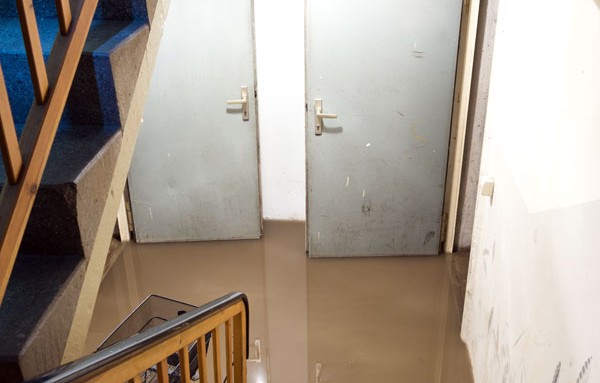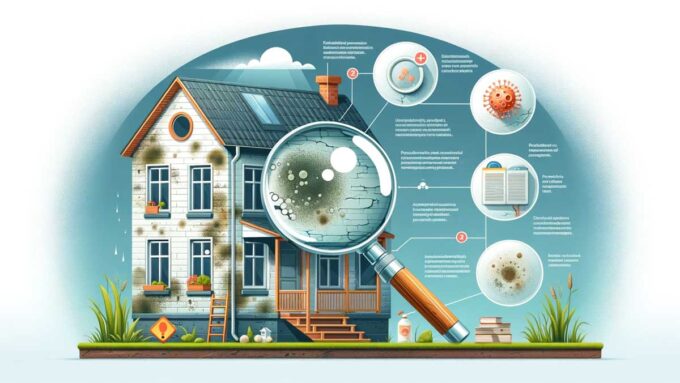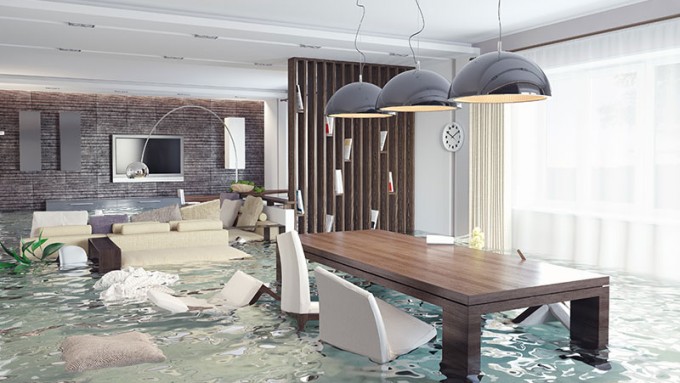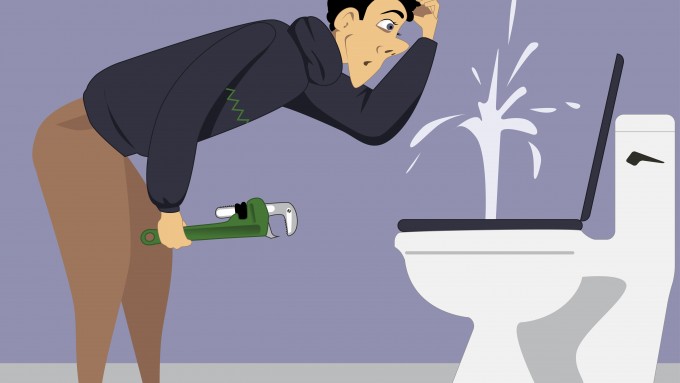Any homeowner will tell you: water is no friend. When you have running or standing water of any sort outside of your pipes, sinks, and tubs, that usually signifies a problem of some sort. While it often takes a plumber to sort out why the water is there in the first place — and it’s important to do that — you also need to worry about cleaning up that water. Small leaks or spills are one thing, but if you have a lot of standing water, it can wreak havoc on your home. In many homes, the basement is a frequent source of standing water, often caused by poor drainage during storms, the basement itself sitting below the water table level, or other house-related plumbing issues. In any case, it’s not unusual for a basement in a house like this to collect water at its lowest point, and when it does, that’s could lead to water damage, among other problems, if precautions aren’t taken. In most cases, the answer lies in the form of a sump pump.
What is a sump pump?
Simply put, a sump pump is a pump that is placed in the lowest point of a basement (known as the sump). This sump is typically a basin put into the floor of the basement to make sure that all water flows into it. When enough water is collected, the sump pump turns on, and then pumps the standing water outside and away from the house. This action keeps the basement dry, and helps to prevent any damage to the house and its systems.
Why is this important?
As mentioned above, free-standing water is no friend to your home. Without an adequate drainage system, the lower points of your house run a real risk of flooding, and — more `importantly — staying flooded. This can lead to several problems. Obviously, all that water can lead to damage in the form of mold, mildew, and rot. None of those are good for the structural integrity of your home.
In addition, mold and mildew can lead to health problems as you breathe. Asthma, bronchitis, and other respiratory issues can often occur in houses with these problems, with children, the elderly, and those with already compromised systems being the most vulnerable.
All that standing water can also cause other problems in your house, such as electrical shorts, damaged appliances, and destroyed furniture.
For all these reasons, a sump pump is pretty much a necessity, especially if you know your basement or low-lying areas are prone to flooding.
If you have more questions about sump pumps, how they work, or what pump is best for you, please don’t hesitate to call us today!

